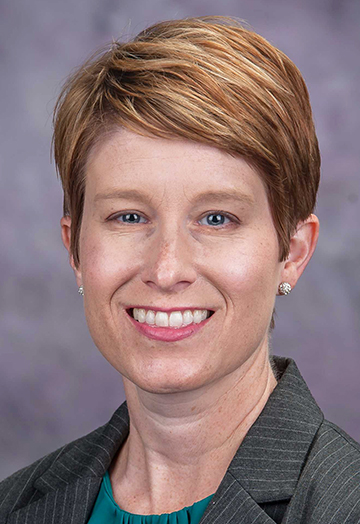Governor Laura Kelly recently vetoed House Bill 2285, which would have restricted the ability of public health officials to respond to public health emergencies in the state of Kansas.
While Republican legislators will be unable to override this veto, bill proponents have promised this fight will continue next legislative session.
The legislature passed House Bill 2285, along narrow margins, in the final weeks of the legislative session. It would have removed the ability of public health officials, including local officials and the Kansas Secretary of the Department of Health and Environment (KDSE), to issue directives during public health emergencies, including orders that restrict gatherings and/or mandate isolation or quarantines for infected individuals.
The bill would have also limited the secretary’s ability to offer testing for infectious diseases and bar any requirement related to the COVID-19 vaccine for children enrolled in a childcare facility or school for the first time in Kansas.
While the bill would allow public health officials to make recommendations aimed at reducing the spread of infectious diseases, their authority would be greatly reduced, and law enforcement would not be required to enforce the implementation of these recommendations.
Had it been signed into law, the bill would have arguably left vulnerable populations, such as the young and immunocompromised, to fend for themselves in public places.
Proponents of the legislation argued that it protected individual liberty from unnecessary government regulation and intrusion. However, in doing so, it limited the ability of our local communities to respond to public health emergencies and prevent widespread infection of potentially life-threatening diseases.
The Kansas legislature is by no means alone in its attempt to restrict the power of public health officials in the wake of the COVID pandemic.
Public health policy has become a recent battleground in the growing polarization of U.S. politics at all levels of government. During the past three years, more than 30 states have passed laws that limit the authority and the ability of these officials to respond to public health emergencies.
These state actions, including the bill passed by the Kansas legislature, are examples of the politicization of many state and local policy priorities in our heavily polarized, partisan environment.
Research published in the World Medical and Health Policy journal found that the party identification of a state’s Governor was critical to explaining the nature and timing of state-level responses during the early stages of the pandemic, with Democratic governors being more likely to issue stay-at-home orders.
Survey research suggests that this polarization is also occurring in the streets of our communities. For example, a 2021 Pew Research survey found that while a majority of U.S. adults thought public health benefits were worth the cost of restrictions on public activity, a large minority of survey respondents (37%) thought the costs outweighed the benefits.
While recent state legislation restricting the power of public health officials is undoubtedly a reaction to government actions during the COVID-19 pandemic, it will have an impact on future health emergencies.
Put simply, the ability of our public health officials to lead during the next crisis is being decided right now.
About the author: Brianne Heidbreder, PhD, is an associate professor of political science at Kansas State University.







